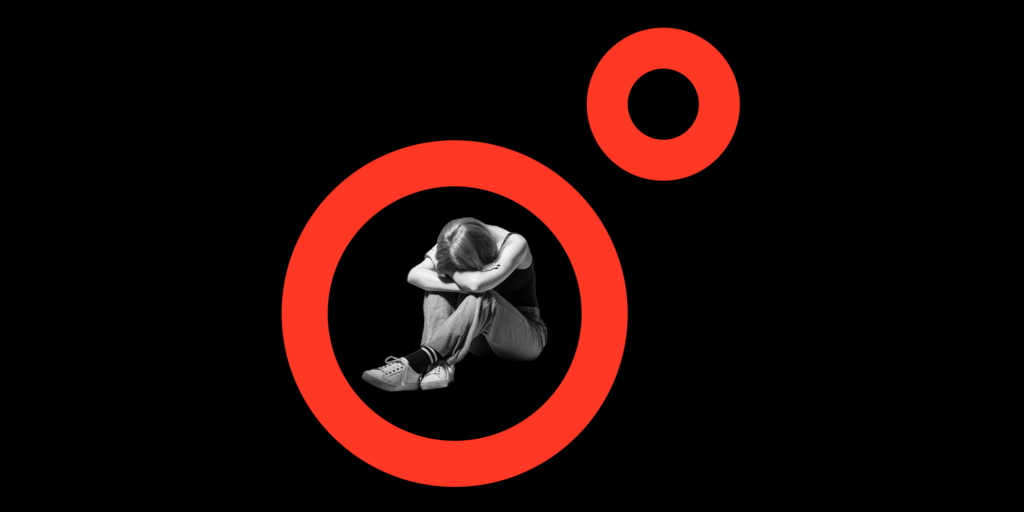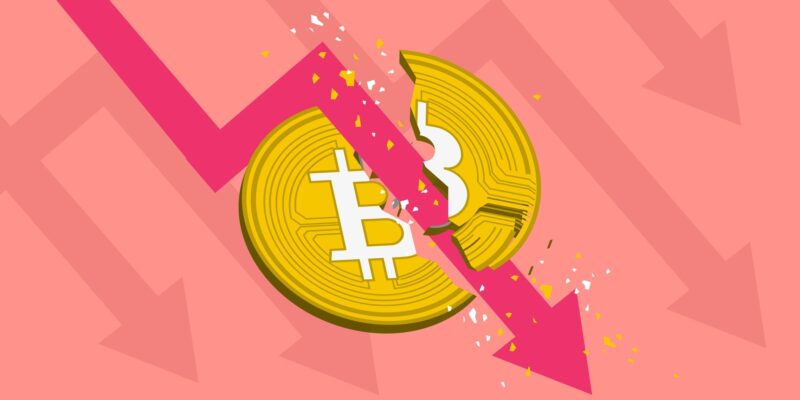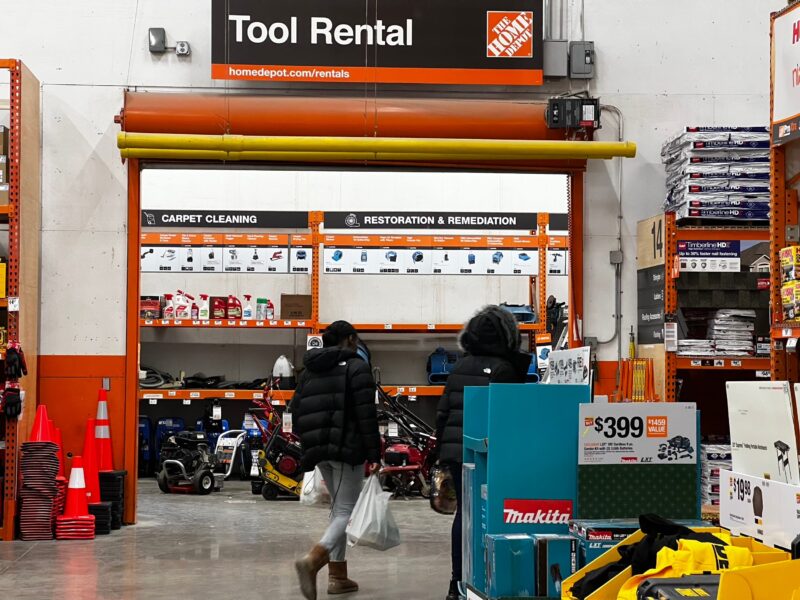- The weight-loss app Noom built its brand on acknowledging that "diets don't work."
- Former users say they were drawn to Noom's message, but the app triggered disordered eating.
- Experts say Noom could attract high-risk people who may fall into unhealthy habits while on the program.
When Lizzie Braicks-Rinker, a high-school rowing coach, wanted to lose some weight in May 2019, she was immediately drawn to Noom, a popular app-based, digital weight-loss program. She told Insider that as a personal trainer, she knew enough to have a healthy skepticism about fad diets like juice cleanses and fasting.
Noom seemed different, at least in its advertising. But Braicks-Rinker noticed red flags immediately after she started using the program: It seemed to reinforce her previous habits of disordered eating. She said the food-tracking tool felt to her like a game, and she strived to log as many low-calorie foods as possible instead of listening to her body's natural cues.
"I was aware enough to realize it was toxic, but it felt shocking that people were talking about how great and healthy it was," she said. "It's all the old-school diet advice just repackaged in an app."
When Braicks-Rinker reached out to her Noom coach about persistent hunger and fatigue (classic symptoms of under-eating) on her high-protein diet, she said she received what seemed like canned advice to eat even more protein, not the personalized psychological support she expected based on Noom's advertising.
Braicks-Rinker said that her background in wellness made her aware of the signs that using Noom was detrimental to her physical and mental health, but what finally prompted her to quit was thinking of how damaging it might be to one of her students, or even her younger self.
"If I saw one of my high-school kids doing it, I would be concerned, so I realized I should probably stop doing it," she said. "There was messaging in Noom's app about pushing through it even though it was hard and uncomfortable. If I was in my early 20s, I would have gone all in and not looked back."
As you may have heard from its advertising, Noom acknowledges that "diets don't work," and markets itself as a program with "psychology-trained" coaches to help you "stop dieting" and "get lifelong results."
For around $70 a month (less if you sign up for multiple months in advance), you get a series of strategies to follow, and the option to work with a "goal specialist" or weight-loss coach. Your coach provides text-based encouragement to inspire you to keep up with your color-coded food journal, calorie goals, and daily step count (although Noom has tweaked their coaching model over time, making some aspects a premium service and experimenting with add-ons such as video chat).
That encouragement often comes in the form of "motivational interviewing" — responding to you with questions to guide self-reflection, former employees previously told Insider.
On the face of it, that approach seems ideal for people frustrated or even traumatized by years of failed diets. It suggests you can get to the root of your weight-related woes instead of spinning your wheels with short-term, superficial changes to your lifestyle.
But 10 former users told Insider they found Noom was not only unhelpful but felt it exacerbated their previous issues with disordered eating.
Even former coaches described frustrations with the app, and its limitations to truly help people with issues that were "out of scope," or beyond their role to manage, including mental illness, trauma, and disordered eating.
Noom attracts people with a history of eating disorders but isn't equipped to help them, experts say
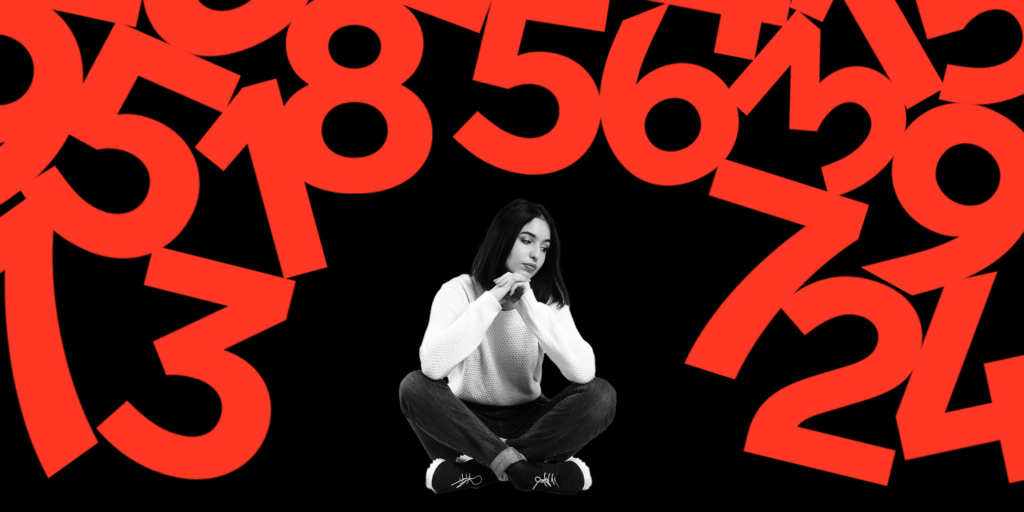
Noom's sign-up process includes multiple steps, such as asking users about their health history, weight-loss goals, and other personal info. But, as of publication, it includes no questions about eating-disorder history or risk factors — just one question about whether a user has an active eating-disorder diagnosis.
Clicking "yes" prevents users from continuing the sign-up (although it is possible to continue by changing the answer), and prompts a disclaimer that the program isn't appropriate for people with current eating disorders. The disclaimer also recommends seeking help from a therapist or physician.
Unfortunately, people with current and previously disordered eating are exactly the audience most likely to be drawn to the company's advertising, said Heather Clark, the clinical director of eating-disorder treatment at the nonprofit Rock Recovery.
People with disordered-eating behaviors are constantly fed the misconception that they struggle with willpower or mindset, she told Insider. As a result, they may be drawn to Noom's psychology-focused branding. But even for people in recovery from eating disorders, the app's program is fundamentally not different from other dieting programs, including potentially triggering components like calorie-counting and daily weigh-ins, Clark said.
"It's definitely worrying. It's a murky space that they've put themselves in where they're saying that they're psychology-based, not a diet," she said. "But dieting is a risk factor for eating disorders. It doesn't matter if you call it a diet or not."
A Noom spokesperson said in a statement that the app is "not intended for users with active eating disorders, a history of eating disorders, or who are seeking professional mental health counseling."
"We have robust processes and safeguards in place to protect the safety of our users, such as preventing at-risk people (e.g. those who self-identify as having eating disorders and those who are pregnant) from joining the program. We also employ a team of clinical case specialists who are consulted to assist on an individual basis if a user displays signs of unhealthy behaviors," the spokesperson said.
Former coaches told Insider they had daily interactions with clients with signs of disordered eating, such as bingeing and purging, but the app's safety process — called STING, an acronym for Support for Those in Need of Guidance — often allowed them to stay in the program, particularly if they denied the behavior during follow-up interactions.
Some Noom coaches say they didn't feel equipped to offer appropriate care to clients
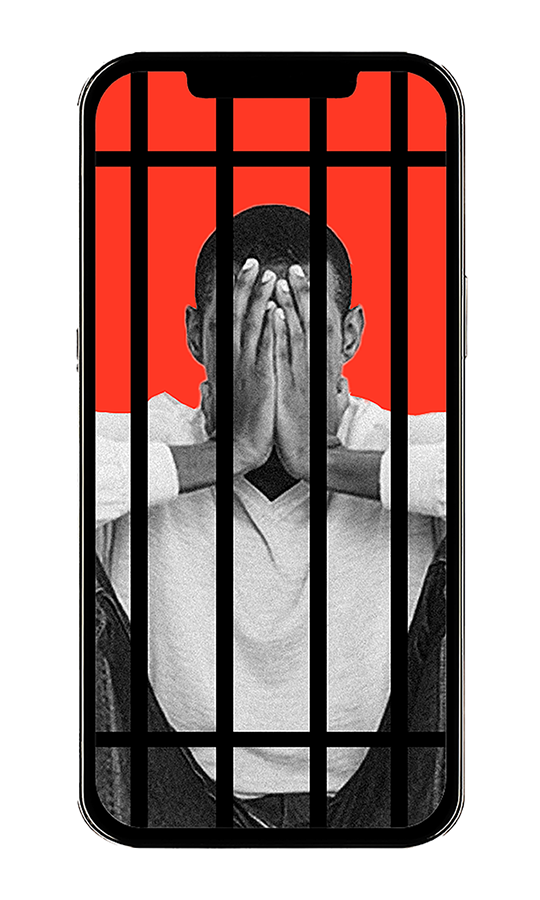
The wide range of coaches' experience and training also made it hard to ensure support for users — while some Noom coaches had a counseling background, others were recent college graduates who said they felt overwhelmed and unable to help users with serious issues.
Clark said the typical standard of care for eating disorders requires an expert to first determine whether a program is safe and appropriate for clients prior to enrolling them. Noom's reliance on coaches to troubleshoot high-risk clients after enrollment could be exposing the users to unnecessary risks, she said.
"If it was psychologically sound, there would be an eating-disorder screening with a mental-health professional on the front end," Clark said.
Former coaches previously told Insider that they juggled as many as 400 to 600 clients at a time, making it difficult to offer in-depth attention.
"Those people need therapy, not another diet, and not a poor, overworked health coach of whom way too much is being asked," Clark said.
Daily weigh-ins and food tracking reinforced unhealthy habits for some users
Another former Noom user, who asked to remain anonymous because of privacy concerns, told Insider that they signed up for Noom based on its ads suggesting the program can untangle dysfunctional perceptions and habits about food and body image.
The user said they hoped to work through major emotional baggage around eating, including childhood experiences of abuse, and resolve binge-eating behaviors. They said the app triggered those behaviors instead and led them to gain weight — eventually hitting their highest weight ever.
"Noom dredged up my history with food, my trauma, and my weaknesses, but didn't do anything to resolve them," they said.
Nikki Radusin, also a former Noom user, told Insider that she signed up for a two-week free trial in 2021, hoping to lose pandemic weight while managing a longtime history of severe body dysmorphia. She said she didn't recall any eating-disorder screening when she signed up for Noom two years ago.
"I didn't find any part of it enjoyable or helpful. All it did was trigger various aspects of my eating disorder with the ratings of food and daily weigh-ins," she said.
You can't fix harmful attitudes toward food while also prioritizing weight loss, experts say
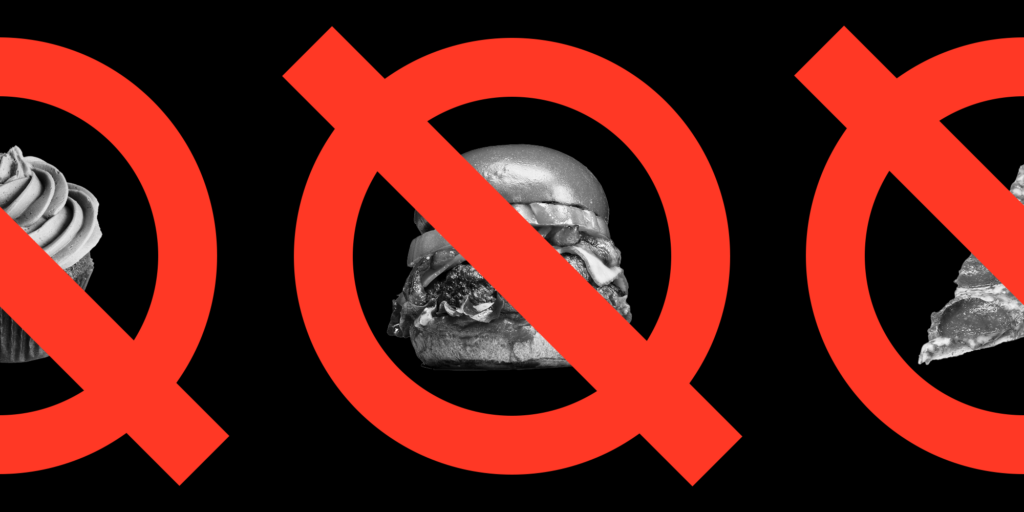
Noom's promise of weight loss is also counterproductive to developing a healthier perspective on food — you can't address anxiety about weight and dieting while urging calorie restriction, said Melainie Rogers, the founder of Balance, an eating-disorder-treatment center.
"Repairing people's relationship with food and body image is about pushing away that thin ideal and working with people to become healthier where they are," Rogers said.
Noom is only one of a growing number of companies accused of co-opting anti-diet language to sell weight loss. The end result is that users sign up for Noom hoping to break free from cycles of fixating on food and weight, but may end up more mired in obsession than before, Rogers said.
Braicks-Rinker said that prior to signing up for Noom, she spent years working to prevent body-image and diet anxiety from monopolizing her mental energy.
"It encouraged me not to listen to my body and reinforced a lot of things I had tried hard to work through," she said. "I don't want to be thinking about food every single day."
